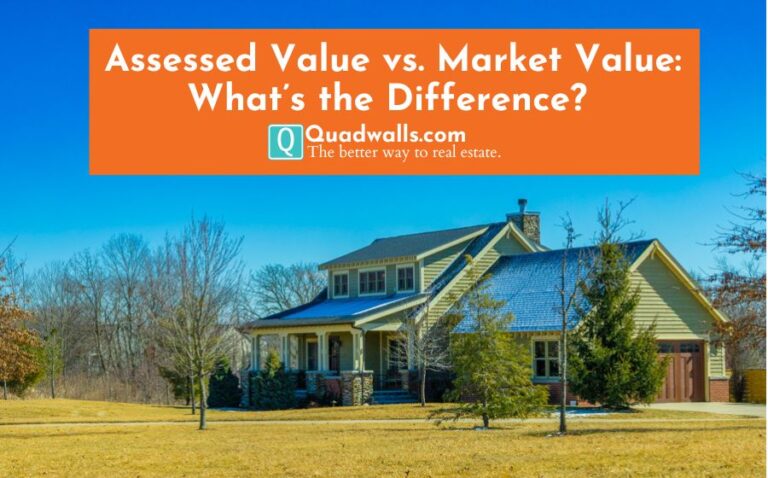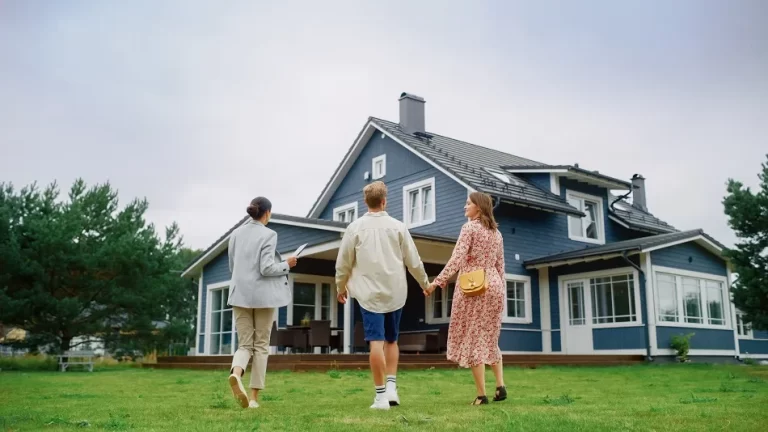Things To Consider when Buying A House After Retirement
Table of Contents
You should always buy the home most suited to your needs. This is especially true when buying a retirement home. Homebuyers buying a house at age 60 or older typically have different needs than someone buying a house at 25 or 30. This post will bring to your attention what you should evaluate when buying a house after retirement.
What To Consider When Buying A House In Retirement
Our needs change as we advance on the spectrum of life. This will cause housing needs to change to. Let’s look at the most important factors to consider when buying a house after retirement.
House Location
In my experience helping retirees purchasing homes location seems to be one of the most important factors. Most often senior homebuyers are interested in three things: closeness to family members, distance from doctors and hospitals, and neighborhood crime rates.
As all of us age we may be more reluctant or even unable to travel out of the home. On the other hand, many of us will become more reliant on the assistance of others such as family members. Take the location of the home you buy seriously when buying a house after retirement.
Using Your Current Home’s Equity
If you are currently a homeowner you can unlock the equity in your current home as you sell it in order to purchase the home you will live in during retirement. Each person’s finances are different. For some people, pushing all of that home equity into the home you are buying can make sense. For others, it may be better to maximize the amount you are able to borrow in relation to the value of the home you are buying in retirement.
Future Maintenance Costs
Homeownership carries the cost of maintenance. This should be considered when buying a house after retirement especially if you are buying a bigger house in retirement. Additionally, it can be tempting to think you will complete your own home maintenance. But, do keep in mind that as we all age it can become more difficult to take care of things ourselves. You can avoid costly maintenance by purchasing a newer home.
Home Security And Safety
Consider the security and safety of the home you will buy. Yes, most people would prefer to purchase a home in a low crime rate area. An added consideration with buying a house after retirement would be how safe is the home to live in?
Stairs, carpet, high thresholds, and unlevel concrete on sidewalks or driveways are all slip, trip, and fall hazards. Bathrooms without safety handles are another high frequency area for accidents. Consider buying a home with few or no stairs and 100% main floor living. Also, look for a home with a flat driveway and nearly level yard.
Your Household Budget
When buying a house after retirement, select a home conforming to your budget. It is typical for all of us that as we get into our later years our income becomes more fixed with less opportunities for discretionary spending. In your retirement years, your housing costs should be no more than 25% of your annual income.
Property Type
Certain property times are better options for many people buying a home after retirement. There are different housing types which can alleviate some of the burden of homeownership. There are maintenance free neighborhoods with single family homes. Alternatively, a townhome, condo, or patio home could be an excellent option. Many of these home types have significantly less maintenance.
Tips For Buying A House With A Mortgage After Retirement

Obtaining a mortgage in retirement is possible. As you plan on buying property for retirement, decide whether or not you are going to get a mortgage. If it’s been a while for you here are some things to consider regarding retirement mortgages.
Evaluate Your Retirement Income And Assets
The first step is to evaluate what you can get approved for. This takes into consideration what income you have in retirement. Additionally, assets can play a role in this, too. You may have valuable assets which you will no longer use and can be sold. On the other hand, you may have assets which will likely generate income. Work with your financial planner and a mortgage loan officer to determine what is best for you.
The Length Of Mortgage Term After Retirement
Hit that 30-year fixed. Take it. First, your house payment will be lower compared to a 15-year term.
Second, yes, you can get a 30-year mortgage regardless of your current age. The Equal Credit Opportunity Act prevents a lender from not offering you or trying to dissuade you from taking a product due to your age. Therefore, a 95-year-old can get a 30-year mortgage so long as the person qualifies on a financial basis.
Lastly, the mortgage markets for quite some time now have had very little difference in the interest rate between a 15-year and a 30-year mortgage. Instead, take the lower payment and save or invest the rest.
Common Mistakes To Avoid When Buying A House For Retirement

It is unfortunate, but I have worked with clients that despite my advice make the wrong choices when buying a house for retirement. These are my top tips for mistakes to avoid when buying a house for retirement:
- Buying a fixer upper – Fixer uppers are costly and take a lot of time to complete. If you are not experienced at completing a major rehab of a home you should avoid buying a fixer upper when buying a house after 60. You will most likely underestimate the time, energy, and resources needed to complete the project.
- Not consulting with family members – It can be difficult to accept where you are on the spectrum of life out of a desire to remain independent. However, I think it is best for senior homebuyers to talk with family members about where they are considering buying a home.
- Isolating yourself – Don’t move to an area which can make you too isolated. First, despite being older you are likely to rely on some parts of commerce, specifically, medical care. Additionally, it is important to maintain some level of a social life as you get older.
- Breaking your budget – Remain aware of your budget when searching for retirement housing to buy. You are more likely to live on a fixed income with decreased earning potential as you age later and later into retirement.
Conclusion
When buying a house in retirement you should keep certain factors in mind. These include the home’s location, maintenance, cost, and how safe of a place it is to live. So long as you can financially qualify, you can get a mortgage when buying a home in retirement.
The Quadwalls Real Estate Team has helped many people find and buy a home to purchase for retirement. We understand how to ask the right questions to help you make the best decisions. We can also assist with selling your current home if needed. Feel free to contact us today!
 Updated: March 29, 2023
Updated: March 29, 2023  1399
1399  7 min
7 min












